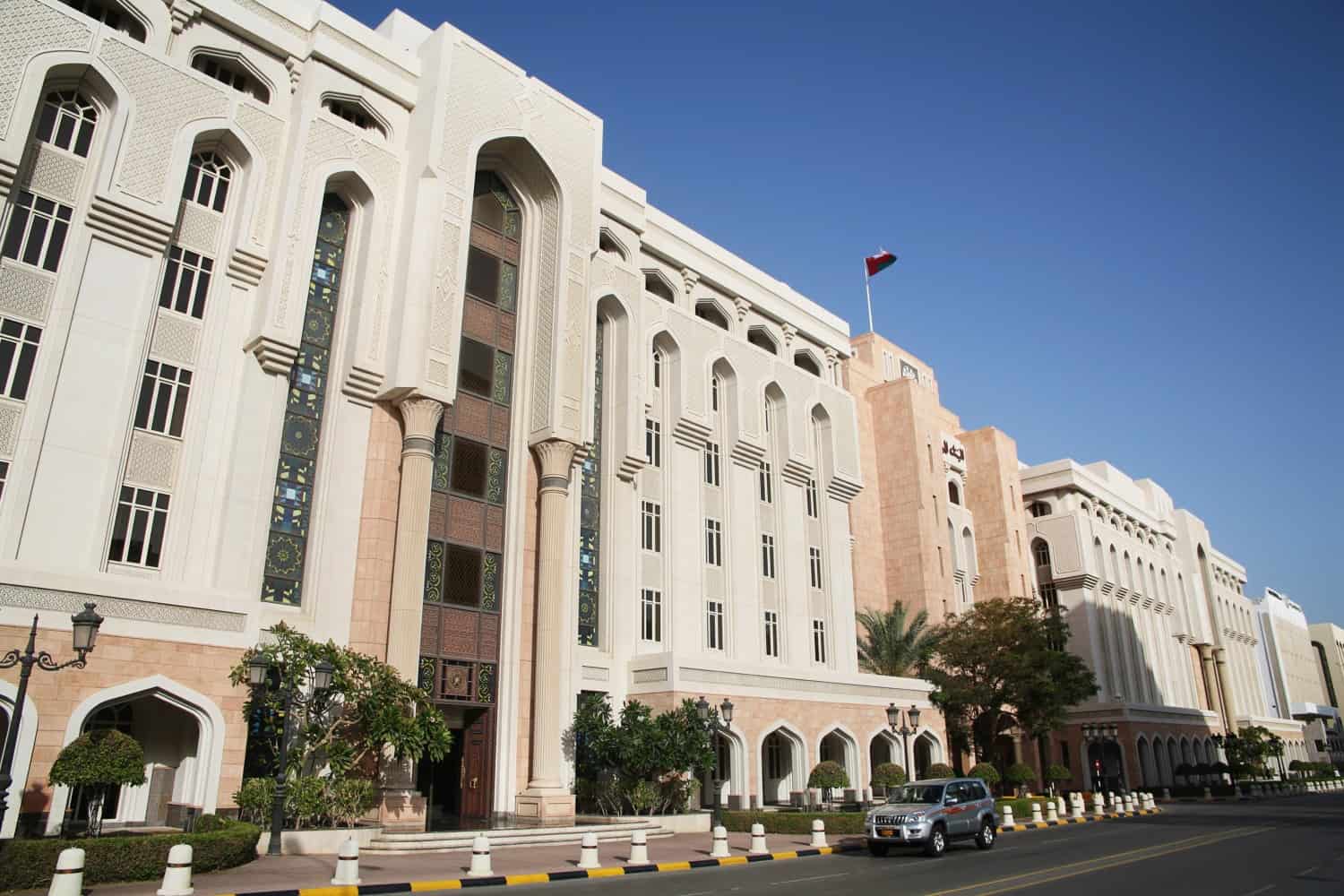Oman’s finance ministry has issued government treasury bills worth Omani Riyal 75 million ($194 million).
Treasury Bills are short-term highly secured financial instruments that provide licensed commercial banks the opportunity to invest their surplus funds.
The Central Bank of Oman (CBO) acts as the issue manager and provides the added advantage of ready liquidity through discounting and repurchase facilities (Repo), local media reports said.
The bills have a maturity period of 91 days, from 24 November 2021 until 23 February 2022. The average accepted price reached 99.820 for every RO 100, and the minimum accepted price arrived at 99.815 per RO 100.
The average discount rate and the average yield reached 0.72332 percent and 0.72462 percent, respectively.
It may be noted that the interest rate on the Repo operations with CBO is 0.5 percent while the discount rate on the Treasury Bills Discounting Facility with CBO is 0.75 percent, the reports said.
Treasury bills promote the local money market by creating a benchmark yield curve for short-term interest rates.
Additionally, the Government may also resort to this instrument whenever felt necessary for financing its recurrent expenditures, the reports said.








